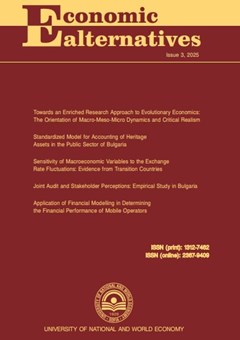Determining the Factors that Affect Customer Loyalty Under the Moderating Role of Trust in Islamic Financing
Author: Reem Abdulrahman Alfaisaly
Abstract
The concept of customer loyalty has changed significantly in the age of digital transformation, with a greater focus on developing cooperative customer-firm co production relationships. However, a paucity of empirical research on this concept has been found. To fill this void, the aim of this research is to examine the direct effects of different factors on attitudinal customer loyalty, as well as their indirect effects mediated by the role of co-production in Malaysian Islamic banks. Based on the service-dominant (S D) logic, a research framework has been developed. Data were collected from the customers of Malaysian Islamic banks using survey questionnaires. The collected data are analyzed through the Partial Least Squares Structural Equational Model (PLS-SEM). Data reliability and construct correlations were thoroughly examined. Resultantly, communication, client expertise, commitment, and interactional justice were positively associated with co-production, while co production positively affected customer loyalty to Malaysian Islamic Bank financial services. The findings also revealed that trust positively moderated co-production and customer loyalty. The results could guide policymaking regarding customer loyalty attainment via effective communication, client expertise, trust, commitment, and interactional justice.

